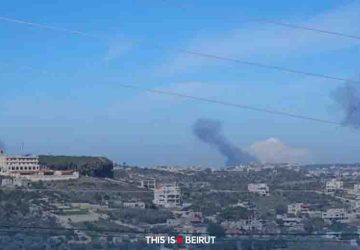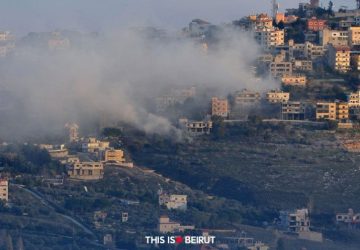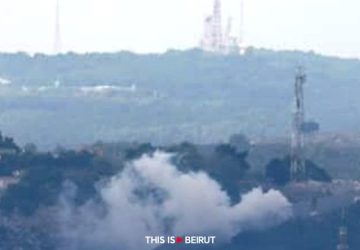According to one of the participants, the inter-Christian meetings at Bkerkeh will resume after Easter. These discussions are expected to yield a final document outlining the fundamental principles of a national policy rooted in Lebanese values.
The Christian parties of the Lebanese Forces (LF), Kataeb, the National Liberal Party (PNL), and the Free Patriotic Movement (FPM), alongside the Renewal parliamentary bloc led by MP Michel Mouawad, as well as independent representatives, are currently deliberating on a proposed roadmap from Bkerke. This roadmap is poised to form the cornerstone of an upcoming document. Once completed, this document will be disseminated among various Lebanese components, facilitating a national dialogue addressing critical issues including the presidential election impasse, the economic crisis, challenges concerning migrants and displaced Syrians, and the problematic issues associated with Hezbollah, particularly the role of the latter as a mini-state within the state and its arsenal.
No date has been set yet for the resumption of these meetings, which, it is worth noting, are held away from the spotlight. Furthermore, according to the same source, Bkerke is awaiting the completion of a document by the Free Patriotic Movement (FPM), led by Gebran Bassil, specifically addressing Hezbollah’s weaponry, before convening another session.
Two more documents are also set for examination, one put forth by the LF and the other by the Kataeb. However, given their shared similarities on several points, there is a possibility of merging them into one coherent document.
The Lebanese Forces, in particular, are poised to review their document with a bishop mandated by the patriarchate before the party’s leader, Samir Geagea, discusses it with the Maronite Patriarch Bechara al-Rai.
In his most recent televised interview, the leader of the Lebanese Forces voiced strong skepticism regarding the outcomes of the discussions at Bkerke. He particularly questioned the intentions of Gebran Bassil, citing a lack of trust in him due to the belief that “his positions are dictated by his very personal interests.”
The final document expected to emerge from the Bkerke meetings is anticipated to be a synthesis of those presented by the three Christian parties. However, the question remains whether these three parties, alongside the Renewal Bloc, can come to an agreement with the Free Patriotic Movement (FPM) concerning the issue of Hezbollah’s weapons. While Christian parties are intransigent regarding the urgent need to address the challenge posed by Hezbollah’s arms, Gebran Bassil maintains a more nuanced position.
This is because the head of the Free Patriotic Movement, who signed an agreement with the pro-Iranian group in 2006, referred to as the Mar Mikhael Agreement, upholds a basic level of relations with Hezbollah despite their divergent stances on several matters. This underscores the mutual dependence between them, shaped by their respective interests. It is important to remember that the Free Patriotic Movement (FPM) owes much of its success in electing certain MPs to Hezbollah’s support. Furthermore, it was through Michel Aoun, the former president and founder of the FPM, that the pro-Iranian group gained official recognition and a Christian umbrella.
Additionally, Gebran Bassil aims to approach the issue of arms with more nuance than the Lebanese Forces, Kataeb, PNL, and the Renewal Bloc, all of whom are fiercely opposed to Hezbollah’s practices that undermine Lebanon’s state foundations and harm the country. Bassil is currently endeavoring to reconcile his alignment with the opposition regarding the candidacy of former minister Jihad Azour for the presidency while maintaining ties with Hezbollah.
In his recent statements, the FPM leader criticized the opening of the southern front and cautioned against Lebanon’s implication in a destructive war. He also called for a national defense strategy while highlighting his allegiance to the “resistance,” as he believes the LAF alone cannot adequately protect Lebanon. In other words, he once again endorsed the use of illicit arms.
It is worth noting that during the Bkerke meetings, representatives of the Free Patriotic Movement did not object to discussing the issue of Hezbollah’s weapons in the final document. However, they asked for the formulation related to this issue to be carefully crafted so as not to offend Hezbollah.





